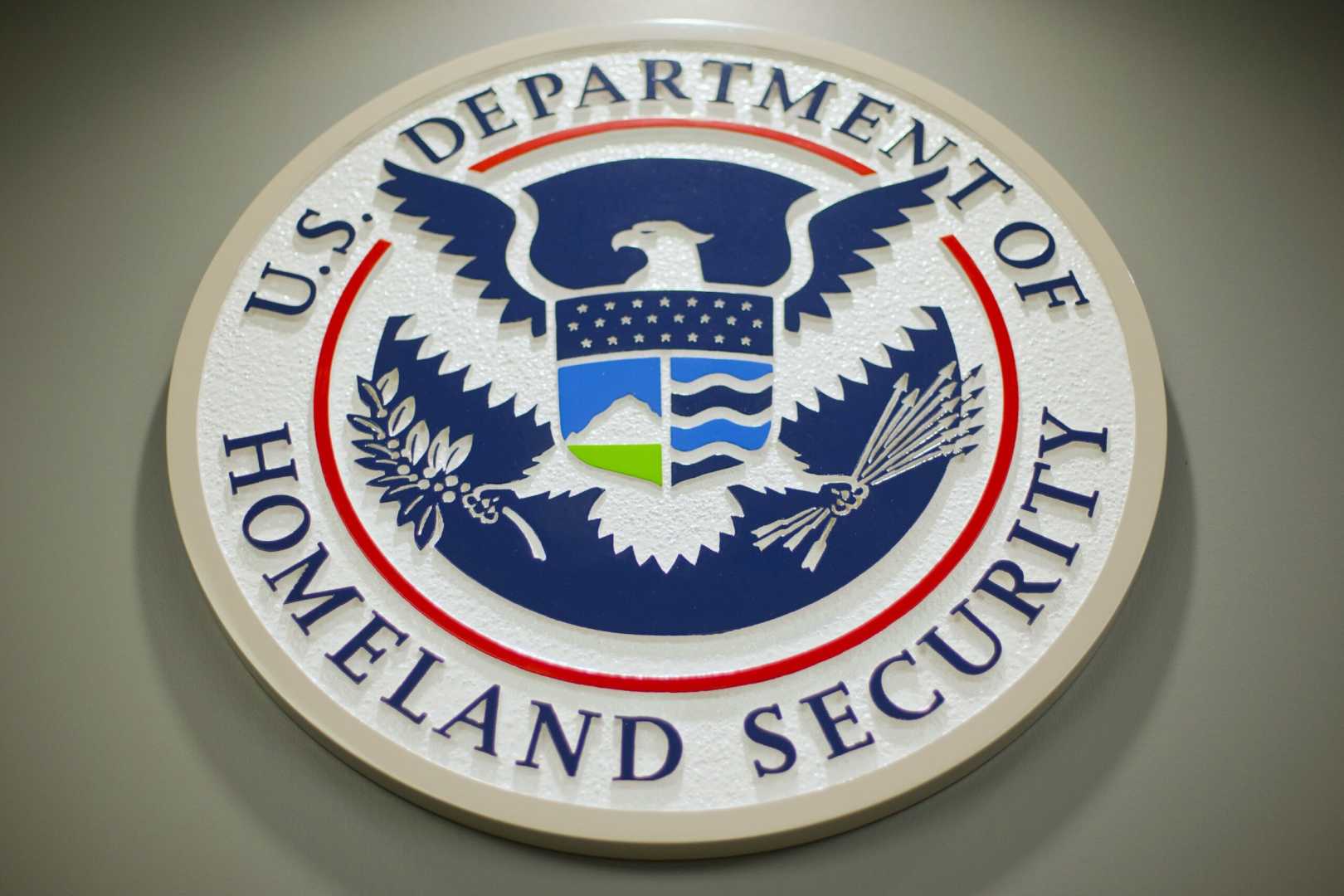News
Union Challenges TSA’s Ban on Collective Bargaining Rights

SEATTLE, Wash. — Attorneys representing the union for Transportation Security Administration (TSA) employees argued in court on Tuesday that Secretary of Homeland Security Kristi Noem‘s March decision to bar collective bargaining violated the union’s First Amendment rights. The hearing came after Noem claimed union representation hindered the agency’s response to security threats.
The TSA was created after the Sept. 11, 2001, attacks, and initially operated under a unique personnel system that excluded collective bargaining rights. During the Obama administration, TSA employees received limited bargaining rights, which were expanded under the Biden administration in 2022 in response to low morale and retention issues.
Following Noem’s determination, TSA moved to terminate its contract with the American Federation of Government Employees (AFGE), prompting the union to file a lawsuit in the U.S. District Court for the Western District of Washington. Union attorney Abigail Carter stated that the administration’s actions reflect a campaign against unions that oppose its policies. “The stripping of TSA employees’ collective bargaining rights is because of the union’s First Amendment activity,” Carter asserted.
In contrast, Justice Department Attorney Brian Kipnis contended that the court lacks jurisdiction over the matter, asserting that labor disputes involving federal unions must be brought before the Federal Labor Relations Authority (FLRA). He indicated that the union’s concerns could be addressed by the FLRA, which is responsible for managing such claims.
Judge Marsha Pechman expressed skepticism about Kipnis’ argument, questioning if the disproportionate impact on dissenting unions indicated a pattern of retaliation against those who oppose the administration. “This isn’t a pattern that you see?” she asked, implying that the actions seemed targeted.
Kipnis responded by downplaying the characterization, suggesting the White House simply used a different approach to labor relations. He stated, “What might be characterized as hostility doesn’t necessarily imply a First Amendment violation.” However, Pechman referred to previous administrations that found value in union contracts, suggesting that the current administration’s stance diverges from past practices.
Carter emphasized that the actions taken reflect a broader strategy of undermining unions that challenge the administration’s positions, warning that such approaches have significant consequences on workers’ rights. Pechman is expected to release her ruling on the matter within the week.












